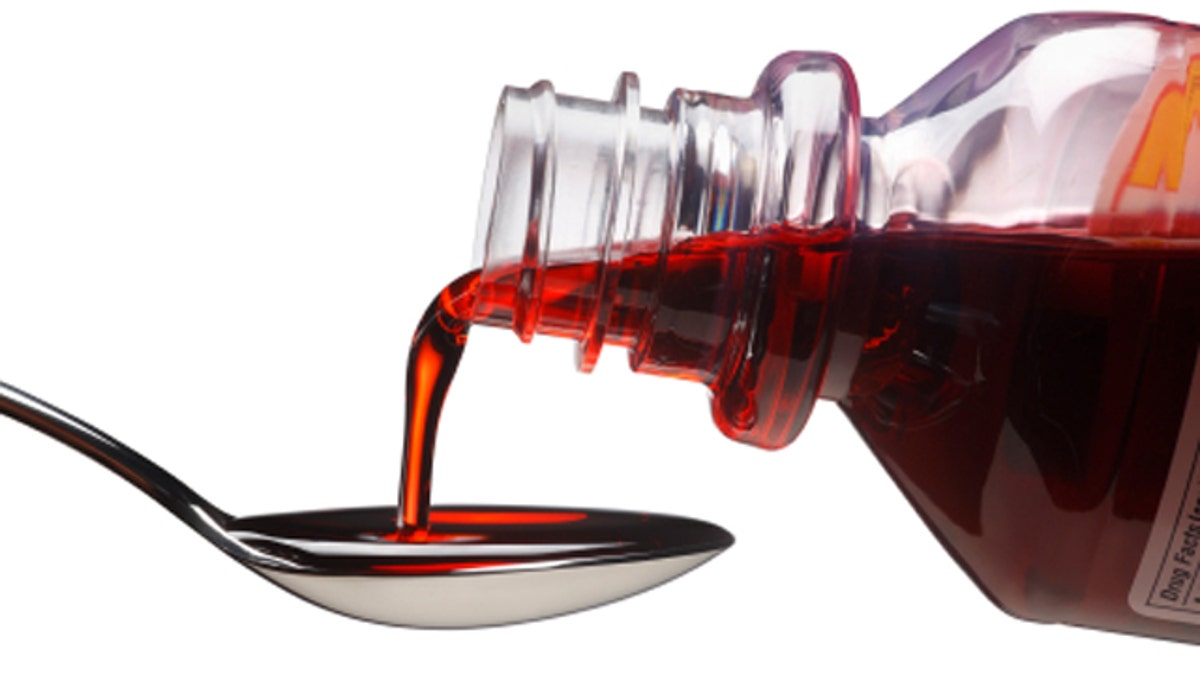
First and foremost, do yourself no harm with the cold and flu treatments you choose. Check these dos and don’ts.
Dos
* Do buy your own nasal spray. If you use someone else’s contaminated bottle, you can introduce bacteria into your nose.
* Do keep track of the ingredients in every medicine you’re taking to prevent double dosing. For example, many combination medications contain acetaminophen―so you don’t want to take additional Tylenol, since acetaminophen can be toxic to the liver in high doses. And scores of products, including cough suppressants and medicated cough drops, contain dextromethorphan (DXM). Take more than the recommended dose of DXM and you may feel woozy or experience an irregular heartbeat and temporary high blood pressure.
________________________________________________________________________________
More From Real Simple:
Cold & Flu Prevention
Your Cold and Flu Symptoms, Explained
Numbers to Live By
________________________________________________________________________________
Don’ts
* Don’t use a decongestant nasal spray more than twice a day for three or four days. Overuse can lead to rebound congestion, in which the capillaries of the nose reexpand, causing congestion to return. The rebound effect can require medical treatment.
* Don’t dose and drive. Antihistamines can cause intense drowsiness. A University of Iowa study using a driving simulator showed that people’s driving skills are impaired more by antihistamines than they are by alcohol.
* Don’t plead for pills. Antibiotics are useless against the viruses that cause colds and flus. They’re effective only in fighting infections, which are caused by bacteria. Doctors say that taking antibiotics inappropriately contributes to antibiotic resistance, a growing health crisis that makes new strains of infectious diseases more difficult to treat.
